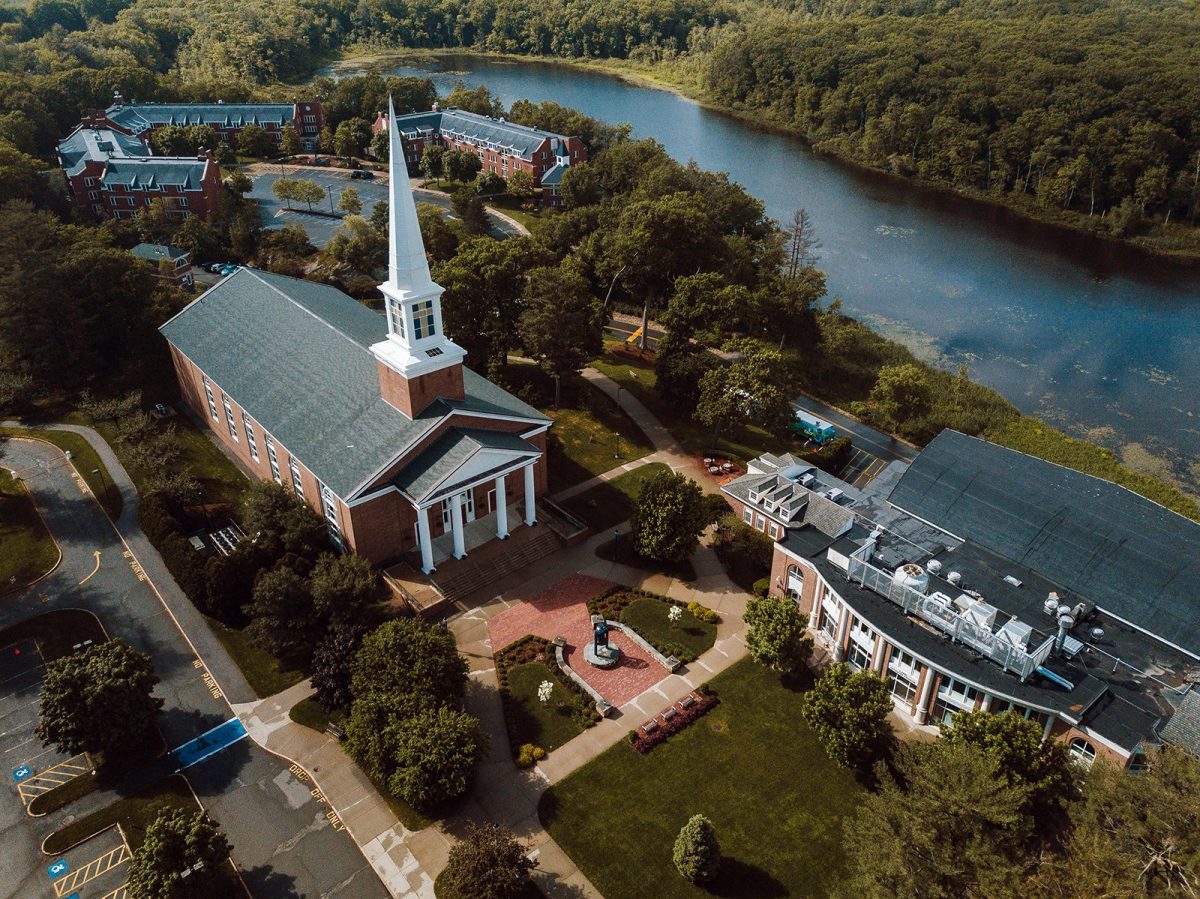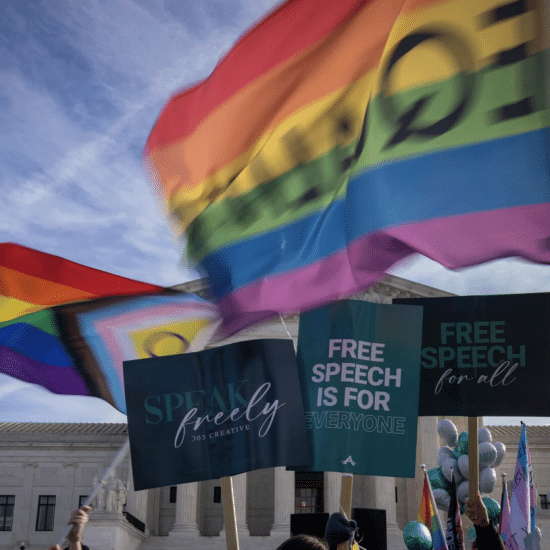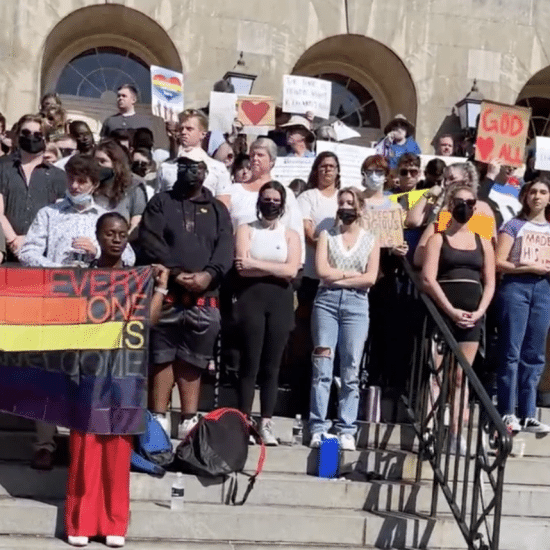
In a significant church-state case that could bring implications for Christian higher education, the Massachusetts Supreme Court ruled March 5 that not all professors at Christian colleges could be considered ministers and therefore such schools are not immune from discrimination lawsuits. Gordon College, a nondenominational school founded in a Baptist Church in 1889, unsuccessfully argued a social work professor denied promotion could not sue the school Wenham, Massachusetts, for discrimination because the school deemed all professors as ministers.
The U.S. Supreme previously backed a “ministerial exception” to exempt religious groups from anti-discrimination laws with regard to employment of its “ministers.” The justices have applied this principle to teachers at Lutheran and Catholic elementary schools where the teachers lacked official ministerial titles but taught religion and led religious practice like prayer. The ministerial exception is designed to protect the religious rights of religious institutions, but some argue that broadening the definition of minister too far would allow otherwise unlawful discrimination.

An aerial view of Gordon College in Wenham, Massachusetts, in summer 2018. (Mark Spooner/Religion News Service)
Michael Lindsay, president of Gordon, argued for such an exception to cover the school with regard to all of its professors. He told the court “there are no non-sacred disciplines.” And Gordon argued in the case that its faculty handbook calls all faculty members “ministers,” but the court noted that change didn’t occur until 2016 — apparently in an effort to prevent discrimination suits — and was opposed by many faculty members.
Margaret DeWeese-Boyd, who filed suit against the school, Lindsay, and Provost Janel Curry in 2017, alleges the school discriminated against her while denying her promotion because of her criticism of the school’s anti-LGBTQ policies. The provost and president denied her promotion application despite the unanimous recommendation in support of her by the faculty senate.
After Gordon claimed the ministerial exception barred her from suing, a lower court judge ruled in April 2020 that DeWeese-Boyd never worked as a minister at Gordon. This month, the state’s Supreme Court agreed. The justices noted that “DeWeese-Boyd was expected and required to be a Christian teacher and scholar but not a minister,” so the ministerial exception didn’t apply.
“Her duties as an associate professor of social work differ significantly from cases where the ministerial exception has been applied, as she did not teach religion or religious texts, lead her students in prayer, take students to chapel services or other religious services, deliver sermons at chapel services, or select liturgy, all of which have been important, albeit not dispositive, factors in the Supreme Court’s functional analysis,” wrote Justice Scott Kafker. “She was, first and foremost, a professor of social work. She taught classes on sustainability and general social work practice and oversaw practicums.”
“DeWeese-Boyd is not ordained by any church body or denomination, nor was she ever formally commissioned or ordained as a minister for Gordon,” Kafker added. “She never viewed herself or held herself out as a minister for Gordon, nor did she understand her job to include responsibility for encouraging students to participate in religious life or leading them in spiritual exercises.”
Gordon did not immediately indicate if it would appeal the ruling to the U.S. Supreme Court. If it stands, it would allow DeWeese-Boyd’s discrimination lawsuit to continue — and it could impact Christian colleges across the country.
Controversies at Christian colleges over denying tenure or promotion of professors are not unusual, including in the area of social work. Trustees at Southwest Baptist University in Bolivar, Missouri, recently denied tenure to the director of its social work program amid a two-year controversy over control of the school.
The implications of the Gordon case could reverberate for years. As Don Byrd wrote on the Baptist Joint Committee for Religious Liberty’s website, it is “a potentially significant church-state decision.”






